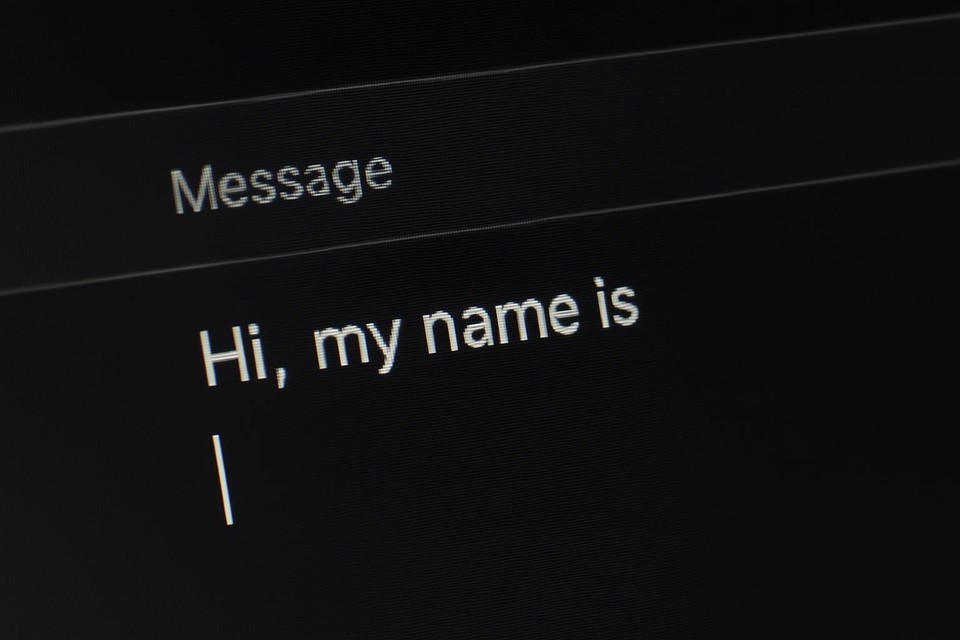The Power of Mentorship in Breaking Into Cybersecurity
— Career Advice, Cybersecurity, Mentorship, Breaking In, Professional Growth — 3 min read
Breaking into cybersecurity is no small feat. It’s a field where the stakes are high, the technology is complex, and the learning curve can be steep. While self-driven learning and hands-on projects are crucial, one of the most transformative elements of my journey was mentorship. The right mentor doesn’t just guide you — they accelerate your growth, help you avoid pitfalls, and provide a level of encouragement and validation that few other sources can match.

Mentorship Was My Multiplier
In 2022, I transitioned into my first cybersecurity role. What helped me go from a passionate learner to a hired security engineer wasn’t just the tools I built or the courses I took — it was the influence of a mentor who believed in me, challenged me, and guided me with insight I couldn’t get from books or videos. That person helped me understand not just what to learn, but how to think like a security engineer.
How I Found My Mentor
I searched LinkedIn for professionals who were where I wanted to go. I essentially “cold called” each and every one of them. I was polite, direct, and clear about why I was reaching out and what I was looking for. That’s how I found my mentor — someone whose experience and willingness to help would become instrumental to my success. Through his guidance and weekly meetings, I found focus, published my first Python tool to VirusTotal, and landed my first job as a security engineer just six months after ou...
What a Great Mentor Looks Like
A great mentor isn’t someone who gives you answers — it’s someone who asks the right questions. They challenge you to reason through problems, suggest new directions to explore, and most importantly, remind you that imposter syndrome is part of the process. A strong mentor helps you grow not just technically, but professionally and emotionally.
Mentorship Isn’t Always Formal
My mentor didn’t have a title or a program behind them. They were someone I respected in the field, who had been where I wanted to go, and who was generous with their time and encouragement. Sometimes mentorship looks like a weekly check-in, and sometimes it’s just a quick DM or comment that steers you in the right direction. What matters is consistency, humility, and shared growth.
How I Try to Pay It Forward
I’ve tried to bring that same energy to the folks I’ve worked with since. I’ve hosted informal sessions on Python scripting, helped others configure their first IDEs, and shared my own learning path whenever asked. Not everyone follows through — and that’s okay. But for the ones who do, I’ve seen sparks turn into momentum, and momentum turn into career shifts.
How to Find a Mentor
You don’t need to wait for someone to offer. Look around at the people whose careers you admire. Reach out. Engage on GitHub, in Slack channels, in Discord communities, on LinkedIn. Ask specific questions, show your progress, and most of all — be humble. Mentors tend to show up for those who show up for themselves.
Closing
Mentorship was one of the most important factors in breaking into cybersecurity for me. It gave me confidence, direction, and insight that helped me navigate uncertainty and build a meaningful career. If you’re just starting out, find someone whose work inspires you — and when the time comes, be that person for someone else.